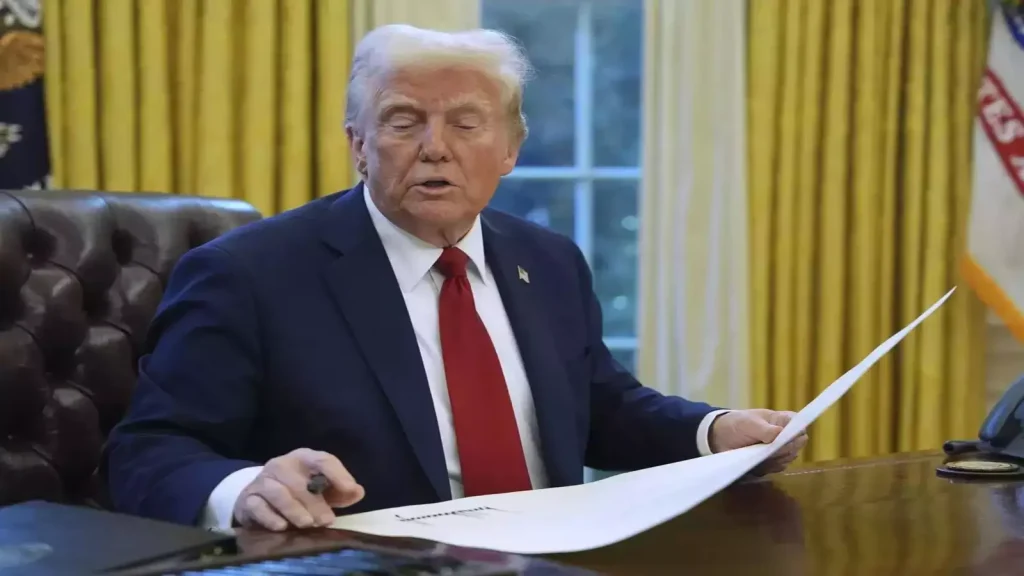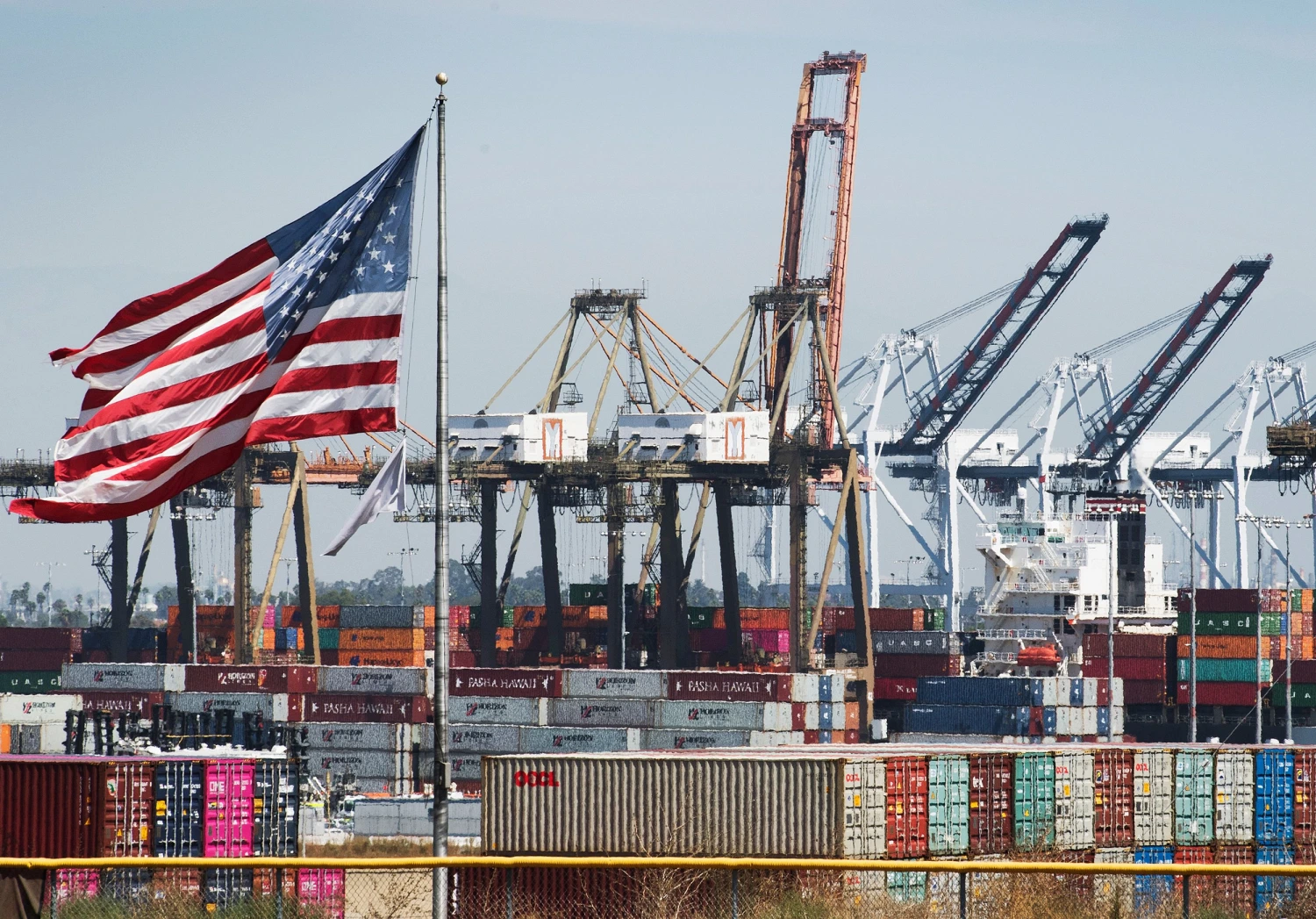President Donald Trump is set to impose tariffs starting Saturday on imports from the United States’ three largest trading partners—Canada, Mexico, and China.
The tariffs, which Trump claims are in response to the countries’ failure to curb illegal immigration and the flow of fentanyl into the US, mark a significant escalation in trade tensions.
Trump has confirmed that 25% tariffs will be placed on imports from Canada and Mexico, asserting that both countries have failed to stop illegal fentanyl trafficking and uncontrolled immigration, which he views as an ongoing national emergency.
White House spokesperson Karoline Leavitt emphasised that the tariffs would be implemented as planned on February 1, with no exemptions given to specific sectors.
Trump rejected concerns that the tariffs could spark a trade war, stating that his administration would move forward regardless of opposition.
The US president also announced that China would face a 10% tariff on its goods, again citing the issue of fentanyl trafficking as the core reason behind the measure.
While China has denied its involvement in the illegal fentanyl trade, Trump’s administration has moved ahead with its strategy, further straining the trade relationship between the two economic giants.

Trump also hinted at additional tariffs on oil and gas imports, with a potential levy scheduled for February 18.
While specifics remain unclear, Trump said tariffs on oil and gas could be coming soon, adding that steel, aluminum, and copper could eventually face higher duties as well.
The president also made it clear that the European Union, which he claims has mistreated the US, could be next in line for tariffs.
Both Canada and Mexico are preparing for retaliatory action. Canadian Prime Minister Justin Trudeau has pledged an “immediate response” should the tariffs go ahead, while Mexican President Claudia Sheinbaum confirmed her government’s continued communication with the Trump administration.
The planned tariff hikes have raised concerns about potential economic repercussions. Experts predict that the tariffs could reduce economic output by 0.4%, equating to an average tax increase of over $830 per US household by 2025. There is also concern that the tariffs could lead to recessions in Canada and Mexico and may contribute to a slowdown in the US economy as well.
The imposition of tariffs on Canadian oil, which accounts for nearly 60% of US crude oil imports, could lead to higher gasoline prices in the US due to the increase in refining costs.
In addition to tariffs on goods, Trump is considering further levies on Chinese products, with analysts predicting incremental increases aimed at reaching a “grand bargain” before the end of his term. Beijing has vowed to protect its interests, warning that a trade war offers no winners.


 Trending
Trending 